
Developing sense of unity among citizens vital for national security: PM Prachanda
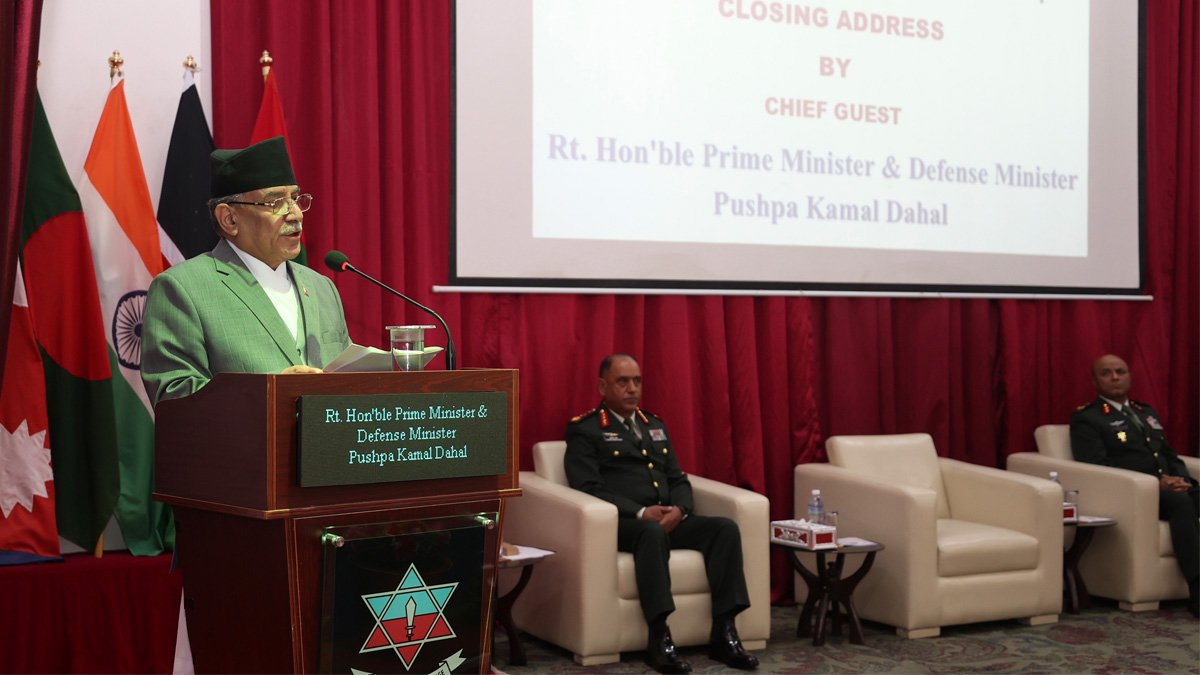
Prime Minister Pushpa Kamal Dahal ‘Prachanda’ has said that responsibility and sentiment of unity towards the nation should be developed among the citizens for national security.
At a concluding ceremony of National Security Training here today, Prime Minister Prachanda opined that the traditional concept that the issue of national security is only the military power has now become broader.
Saying every nation has involved in strengthening national security based on their own norms, values and main policy, he stressed that national security is the overall security of all other sides including politics, social, economic and territory.
Prime Minister Prachanda shared, “It is equally necessary to address sovereignty, national integrity, and the social, economic, cultural, environmental and humanitarian aspects of the issue of national security.”
He mentioned that national security is very important and sensitive in the present context of Nepal. “National security of every nation is directly affected due to incidents occurring in the global context. This fact is more important for the nations like Nepal,” argued PM Dahal.
He further said gradual development and change regarding national security, internationally and regionally emerging powerful countries, rapid and multi-faceted development of information technology as well as changes seen in political, social, cultural and economic sectors in the country have importance in security.
The Prime Minister pointed out the need of developing a national security system by maintaining mutual harmony, tolerance and solidarity amongst the multi-caste, languages, cultures and communities keeping sovereignty, freedom, territorial integrity and national unity intact.
As the Prime Minister said, the National Security Policy-2075 BS, the updated version of the National Security Policy-2073 BS, has been implemented and the policy aims to strengthen the security bodies, promoting their competency, professionalism and efficiency.
The Head of the Government underlined the need of assessing challenges for international and external security on time and formulating and implementing required policies such as defence policy, international security and public information policy, foreign policy and finance policy would be helpful in strengthening national security.
“The current time is marked by various sorts of security challenges,” the Prime Minister said, adding that in the case of Nepal, its geo-political situation, increased military powers of the powerful nations on the international and regional forums, competition and influence, climate change and internal political complexities are security challenges for the nation.
He said, “Global economic recession and its impact, extremist and separatist thinking to attack national unity and security, the plight of skilled human resources, open borders and probable cross-border offences remain as our challenges and we are facing them collectively.”
The Prime Minister said the Nepali Army is competent to make its political, economic, diplomatic, communications and military power further resourceful through the means of cooperation and coordination to tackle such challenges and promote the interest of the nation. He pledged all possible support and facilitation on the part of the government to the NA toward that end.
The Prime Minister thanked the Ministry of Defence, the NA and the NA Command and Staff College for the operation of advanced training on the national security-like highly important topic.
On the occasion, the NA Chief, secretaries from different ministries, chiefs of security bodies and senior officials from the government and other bodies (trainees) were present.

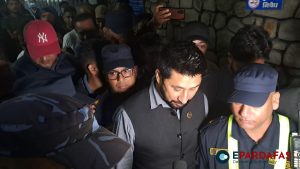

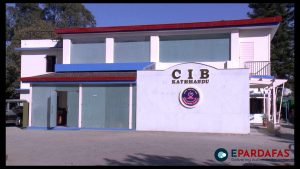
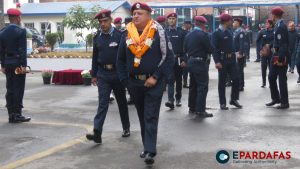
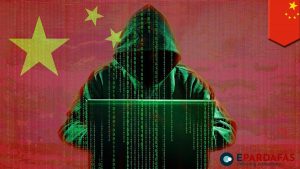

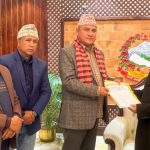
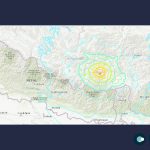

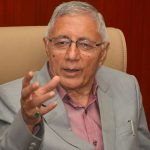
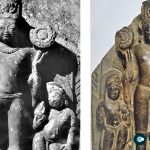
Comments